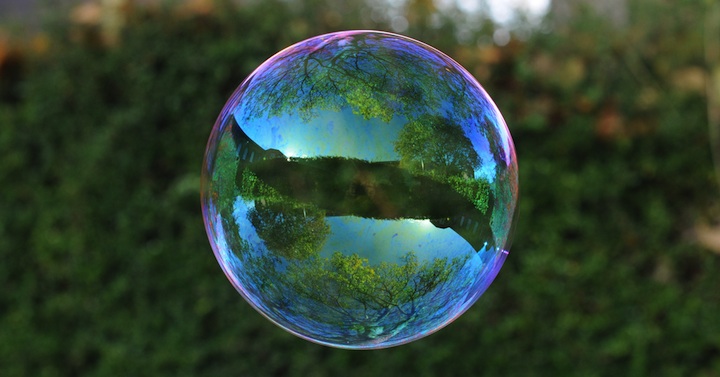אין א’להים זולתך/Ein Elohim, Zulatekha, “there is none, God, but You.”
Mystical Judaism intuits that the One God is present everywhere, fully, at all times, in all existence. לית אתר פנוי מניה/let atar panuy minei, says the Holy Zohar [Tikkun 70, 122b], “there is no place void of God.” Following this intuition brings a soul to some comforting and some terrifying spiritual experiences. First, it comfortingly reminds us that a spiritually sensitive person can discover Hashem in all circumstances. On Tuesday as well as Shabbat; digging ditches as in worship and study; in formal mitzvot and prosaic deeds.
On the other hand, this raises hard metaphysical challenges. One, which I won’t address here, is an enduring paradox that has stimulated Kabbalists to great profundity and occasional outbursts of heresy: Is God present even in evil and sin?
Another is an ontological puzzle: If God is present in all beings, in what sense does anything except God actually exist? Is that really an animal, a vegetable, a mineral, a molecule, an atom, a quark? Or is all that just a soap bubble, a brief outward form manifesting the divine eternal essence of all being?
Different sages have proffered different approaches to this paradox. The most radical Jewish approach comes from R. Shneur Zalman of Liadi [1745-1813], the Alter Rebbe, founder of the Chabad dynasty. (Chabad has evolved into a phenomenal outreach organization; but before they started accosting strangers into putting on tefillin, they represented an extraordinary mystical philosophy.) In his masterwork, known as the Tanya, R. Shneur Zalman doubles down on God’s eternal ubiquity and the evanescence of creation:
“All believe that ‘God is all alone,’ as God was alone before the world was created, literally changeless … As the prophet Malakhi says [3.6]: I, the Lord, do not change. Since the world was created, there was literally no change from before. The transformation from non-being to existence, neither of the upper worlds nor of this world, effected any change in God’s blessed unity. As God was alone and unique before they were created, singular and unique, so God is singular and unique now, for, in God’s sight, all that was created is literally null and void.” [Likkutei Amarim ch. 20].
Academic and philosophical interpreters call this approach “acosmic” – the claim that the world does not actually exist. In the language of Habad, the non-divine world exists only “from our perspective,” but lacks endurance. From God’s vantage point, there is only omnipresent divine reality, taking the temporary outward shape of soap bubbles like mountains, oceans, galaxies, chemicals, cats, and whatnot.
Mystically oriented davening Jews discover this insight in the common monotheistic vocabulary of the Bible and Siddur. When they say: “none but God,” the mystical Jew hears “there is nothing but God.” When they say: “God alone,” the mystical Jew hears “God alone exists.”
The blessing following the Shema says אין א’להים זולתך/Ein Elohim Zulatekha. The semantic meaning is “there is no God but You.” But the mystical interpretation is: “There is nothing, God, except You.” We perceive physical reality, from micro to macro, sub-atomic particles to galactic super-clusters. The mountains may crumble, Gibraltar may tumble. They are only made of clay. All that truly exists is the infinite sacred divine. The mystical davener who says these words in the prayer book is called to perceive that we, too, are soap bubbles. Not independent creatures, but manifestations of God’s ever living omnipresence.
This interpretation is not everyone’s cup of tea. Some will find it terrifying and obliterating. But it works for me. Here is a handy koan, which I use to ascertain whether a person is likely to appreciate this kind of mystical insight. Tell me what you think of this:
I am certain that God exists. I am not sure if I do.





